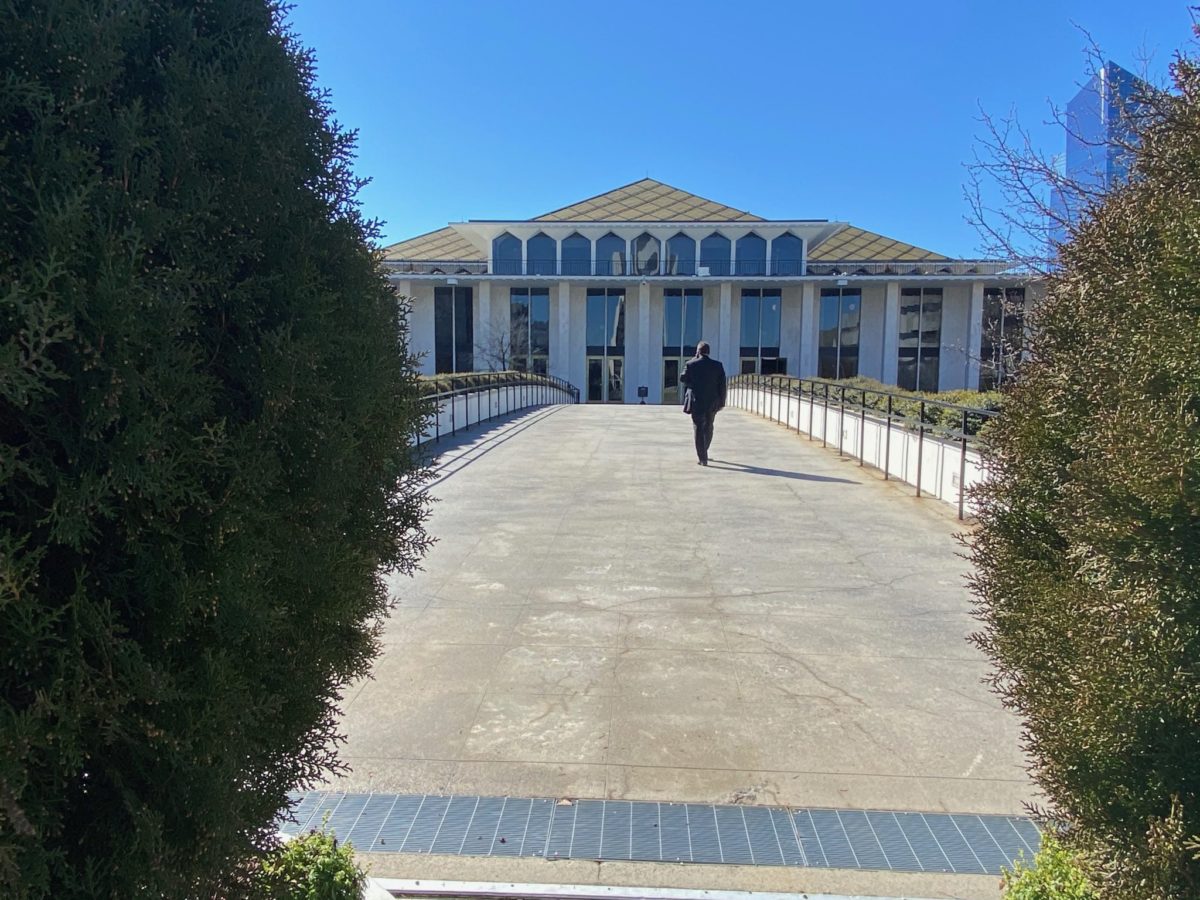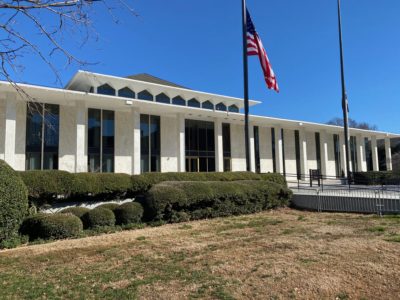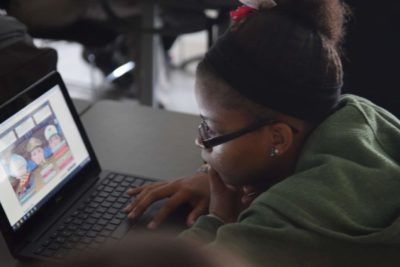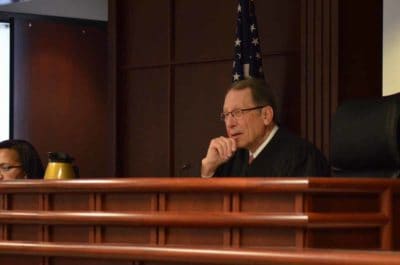
|
|
It’s been a big week for education both nationally and in North Carolina. From movement in the long-running Leandro case to federal action on equity, here is a look back at some of the major things that happened.
U.S. Department of Education makes move on equity
The federal Department of Education announced Wednesday a series of actions to advance educational equity. You can read the press release here.
Those actions include:
— The release of a report that delves into how COVID-19 disproportionately hit “K-12 and postsecondary students in underserved communities.”
— Guidance around a provision to ensure high poverty school districts don’t see a drop in state per-pupil funding “below their pre-pandemic levels.” It’s a provision in the latest round of federal COVID-19 relief funds
— An equity summit series that launches June 22. Click here to join.
“The actions aim to not only address inequities exacerbated by the COVID-19 pandemic, but encourage schools more broadly to reimagine their education systems and practices and infuse equity into all of their work, so that every student has access to rigorous, culturally responsive, and fulfilling instruction,” the release states.
It also says this is part of an attempt to fulfill an executive order from President Joe Biden “to advance racial equity and support for underserved communities across the federal government and build our schools and communities back better than before the pandemic.”
“This is our moment as educators and as leaders to transform our education systems so they are truly serving all of our nation’s students,” said U.S. Secretary of Education Miguel Cardona in a press release. “While COVID-19 has worsened many inequities in our schools and communities, we know that even before the pandemic, a high-quality education was out of reach for too many of our nation’s students and families. Our mission at the Department is to safely reopen schools for in-person learning, dramatically increase investments in communities that for too long have been furthest from opportunity, and reimagine our schools so that all students have their needs met. We must take bold action together to ensure our nation’s schools are defined not by disparities, but by equity and opportunity for all.”
Leandro plan goes forward
We already reported on this, but it’s worth revisiting the fact that Judge David Lee signed an order on Monday to implement an eight-year plan to meet the state’s constitutional obligation to provide the opportunity for a sound, basic education to all the state’s students.
“If the State fails to implement actions described in the Comprehensive Remedial Plan … it will then be the duty of this Court to enter a judgment granting declaratory relief and such other relief as needed to correct the wrong,” the order stated.
Here is what Every Child NC had to say about the order:
Read more about the order below.
Big federal money for education
We also reported this week on legislation that passed the House allocating almost $360 million in federal funds to the state’s public schools. The bill also has a provision that would delay the implementation of the state’s new controversial social studies standards. Read all about this below.
We’re getting a budget?
There was also action on the budget front this week, with House and Senate leaders finally agreeing to a spending limit for the budget. This is important because it was starting to look like the lack of an agreement was going to mean no comprehensive budget for the next two years. The tea leaves are looking better on that, but it’s possible there won’t be a final budget by the end of the fiscal year (which ends when June does).
The Senate also passed its tax cut package this week. Read about that here.
Read about the budget agreement below.
Adjunct high school teachers
A Senate bill that would let people with college degrees teach certain high school classes sans teaching license passed the House, and therefore the full General Assembly. It awaits the governor’s signature or veto now.
It would allow college graduates to teach as adjuncts in high school in “core academic subjects, fine and performing arts, and foreign language in the individual’s area of specialized knowledge or work experience.” For example, a doctor teaching biology. (That was the example one lawmaker gave.)
Before such individuals could teach, however, they would have to take some classes at a community college or educator preparation program.





